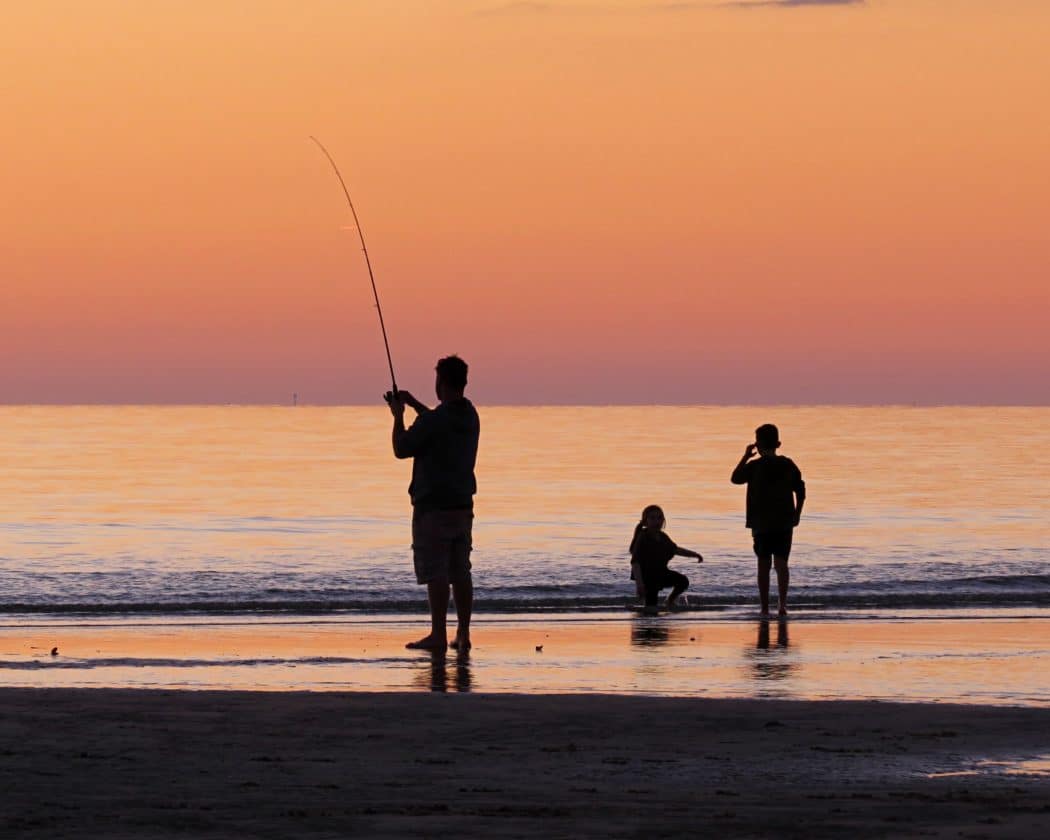Is it possible? Can we run out of fish?
Well, this year, the fishing captains of the fish oil industry could only catch 25% as much fish as last year.
With booming demand from fish oil supplements and animal feed, the demand for fish oil is greater than ever.
So with only a quarter of the supply available to meet demand, those of us in the fish oil industry are wringing our hands nervously about the sudden spike in fish oil cost.
Harvesting Sardines, Anchovies & Mackerel
All concentrated fish oil supplements are made from sardines, anchovies, hoki, whiting, pollock, salmon or mackerel. These fish have harvest seasons, just like crops.
Most of the top fish oil producers, harvest sardines and anchovies from the cold, nutrient rich waters of the south pacific. Mostly off the coast of Peru and Chile.
Why are the fish harvested there? And not somewhere else?
Well, the cold antarctic current that runs up the west coast of south america is rich in nutrients and it feeds the algae that these fish eat. So there is an abundant supply of fish in the south pacific. Well, at least usually. (Algae contains Omega-3. Fish don’t produce the Omega-3 – they just accumulate it from eating green algae.)
But these fish are also caught there because the governments of Peru and Chile are very smart about managing their fishery. Especially Peru. Click here for the Peruvian authority responsible for regulation.
So why was this year’s catch so small?
It wasn’t because of lack of fish. It was because the fish caught were too young. So the authorities ended the harvest season abruptly, a quarter of the way into the season. Had we caught as much fish as we wanted, we’d have prevented the fish from breeding and growing next year’s harvest.
Surprised?
Well, despite the media shouting about over-fishing, some types of fish are very strictly regulated.
The fish oil industry in Peru is mature and run by smart people. Their left hand knows what the right hand is doing.
They follow the United Nations Food and Agriculture Organization’s ‘Code of Conduct for Responsible Fisheries.’
OmegaVia is sourced from fish caught in Peru and the United States – specifically, sardine, anchovy, menhaden and mackerel.
Here is an example: for any given lot of OmegaVia, we can trace back the oil all the way to:
- The date and time of harvest
- Name of the boat captain
- Owner of the vessel
- GPS coordinates where the fish were caught.
Yes, there is a GPS unit attached to every fishing vessel off the coast of Alaska.
The fishermen are only allowed to catch in a given locality. They are only allowed to catch a certain tonnage per season. If it takes them 2 months to reach that quota, that’s fine. But if they reach their quota in a week, well, the season’s over!
This year, the season was swiftly ended because of the age of the fish.
The age of the fish are strictly monitored.
Simple rules of good fisheries management
There are some simple rules that makes sure your fish oil will be available year after year:
- Understand how much fish (biomass) is in the catch area
- Understand how much and how well and often the fish are breeding
- Understand how much fish are caught each year
With these three facts, the fisheries authorities maintain a stable and long-term fish population. And we can continue to get a steady supply of fish oil year after year.
The regulatory bodies do not care if the price of fish oil supplements go up. They only care that a steady population is maintained over a period of decades.
This is inconvenient, if you need fish oil pills to maintain your health.
Yes, prices of all fish oil supplements could go up.
Especially if the next harvest is like the last one.
Let’s hope not.



comments 0 comments